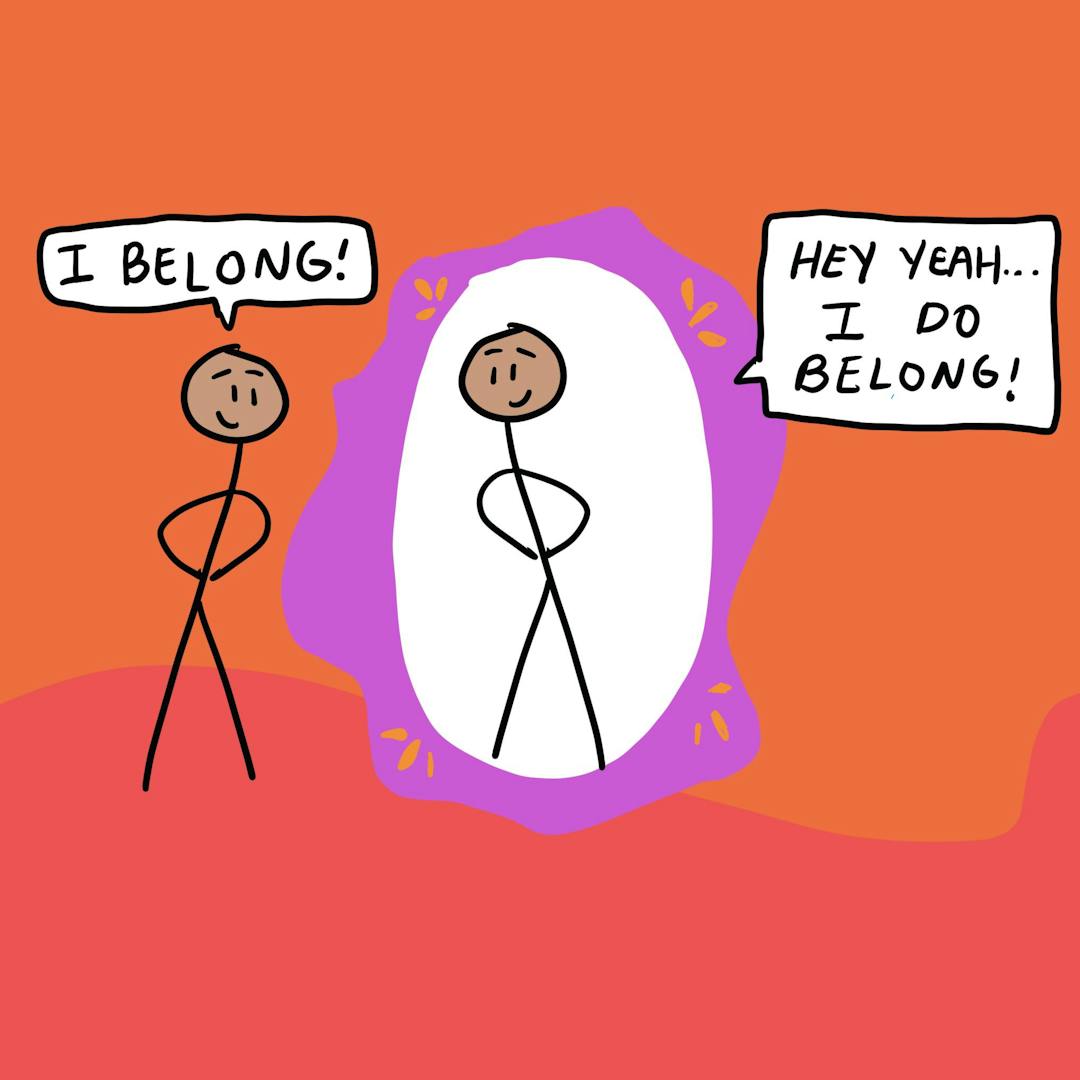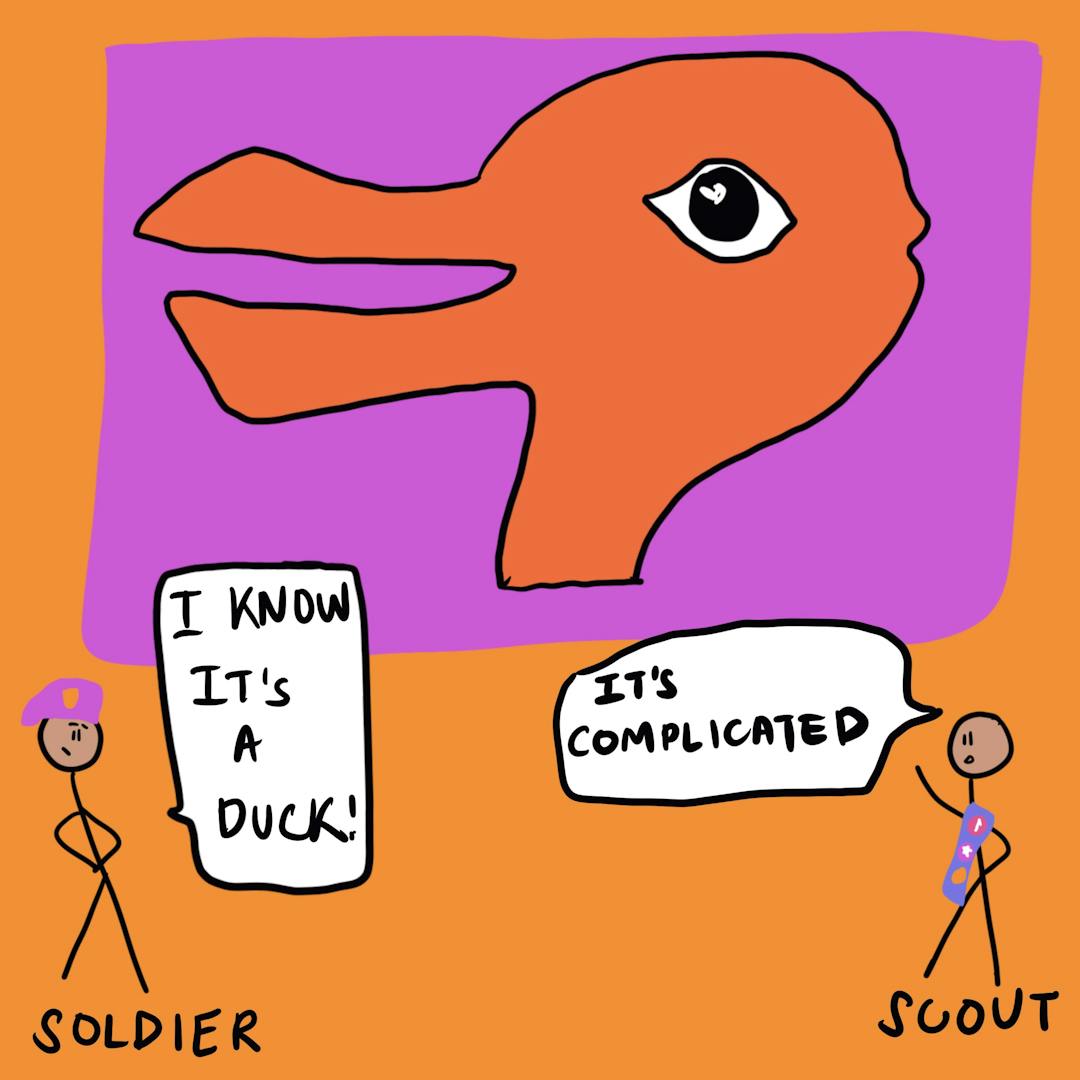How Fun Might Move the World: Cass Sunstein

In today’s episode of The Decision Corner, we are joined by Cass Sunstein, the Robert Walmsley University Professor at Harvard University. Professor Sunstein is the founder and director of the Program on Behavioral Economics and Public Policy at Harvard Law School. He is a prolific writer who has written over 40 books and hundreds of articles, including the international bestseller and essential introduction to behavioral science, Nudge: Improving Decisions about Health, Wealth, and Happiness (with Richard H. Thaler, 2008).
The difference between Pepsi Max and Diet Pepsi, the difference between delicious colorful vegetables and healthy vegetables, the difference between frustration-free packaging and green packaging... These are targeting some action or product and associating it with something in the vicinity, at least, of fun. That can be a great motivator of behavior change. When people think X is more fun than Y, the choice of X is starting to look better.
Intro
He is a recipient of the Holberg Prize, which is bestowed by the Government of Norway. The Holberg Prize is recognized as a counterpart to the Nobel Prize for unparalleled contributions to scholarship in the humanities or the law. Sunstein is currently the Chair of the WHO technical advisory group on Behavioural Insights and Sciences for Health, and he advises the United Nations, the European Commission, the World Bank, and countries around the world on issues of law and public policy.
He was Administrator of the White House Office of Information and Regulatory Affairs from 2009 to 2012; subsequently, he served on the President's Review Board on Intelligence and Communications Technologies and on the Pentagon's Defense Innovation Board. He is now working on a variety of projects involving the regulatory state, "sludge", fake news, and freedom of speech.
In the episode, we discuss:
- What is fun?
- What kind of people have the most fun, and whether that is something worth pursuing as a society.
- The effectiveness of fun in marketing, such as Amazon’s frustration-free packaging project.
- The role of fun in policy-making: determination and playfulness in Taiwan, how jokes can lead to optimism and hope, New Zealand’s Prime Minister’s attempts at making peoples’ days better.
- Political leadership and vulnerability.
- Making mandated behavior change a more tolerable and shared enterprise.
- Fear appeals: the benefits of enhancing high stakes situations to prevent harm.
- Populism and the need for personal connections with our political leaders.
- Cass’s nuanced distinction between the first and second waves of behavioral science.
- FEAST (Fun, Easy, Attractive, Social, and Timely): Cass’s guidelines for engaging affective responses when developing policy.
- Why every revolution must tolerate dancing.
- What Cass Sunstein asked a world-class athlete about having fun under pressure.





